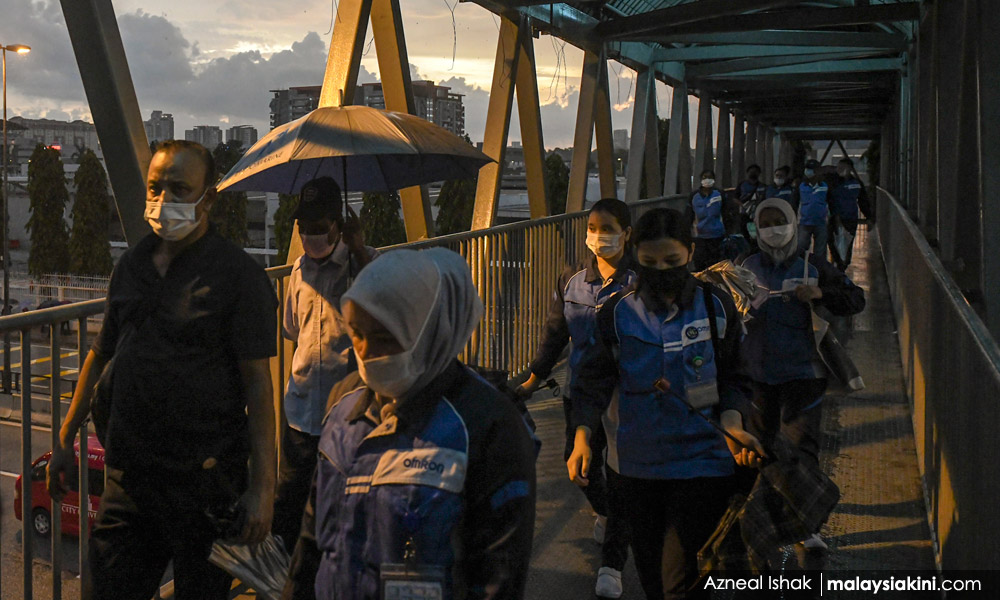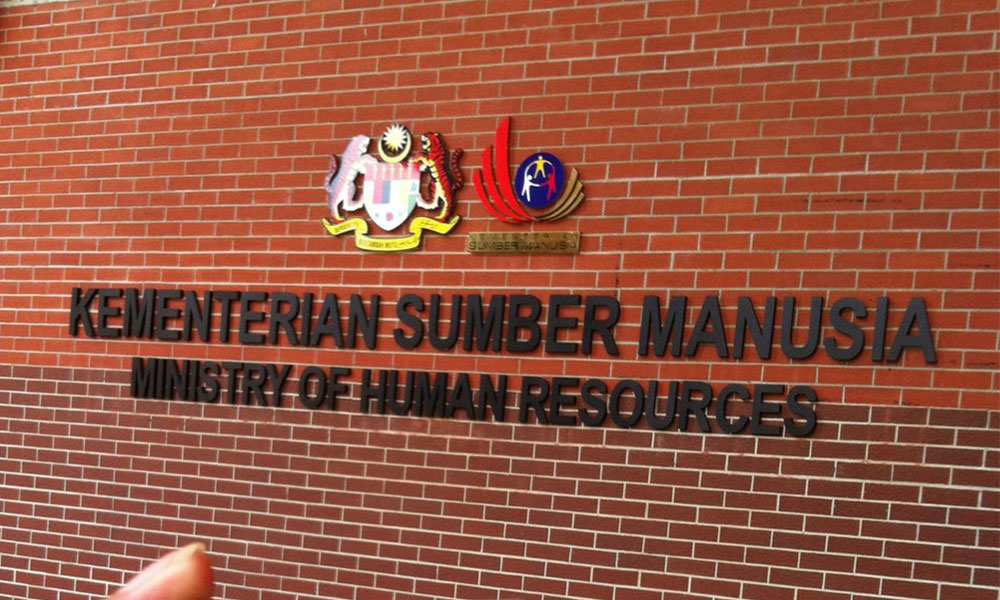The Federation of Malaysian Manufacturers (FMM) has welcomed the proposal to place the management of migrant workers under the Human Resources Ministry.
In saying so, its president Soh Thian Lai recalled how flip-flops in policies have previously affected businesses.
"Having a single agency to handle the entire management of migrant workers would ensure that a coherent set of policies could be implemented within a strategic framework for the management of migrant workers, which is critical in supporting the economic growth targets of the country," Soh (above) said in a statement today.
He then mentioned several factors that make Human Resources Ministry the ideal sole agency to take up the task of handling migrant workers, beginning with the ministry being in charge of labour issues in the country.
"The ministry serves as the umbrella organisation that oversees the planning, management and development of the country’s manpower resources via its other departments and agencies, and thus, is the fittest and appropriate ministry to undertake the management of migrant workers’ matters in the country.
"It also has the relevant enforcement capacity to manage all labour matters, which by the existing laws, must include migrant workers.
“In line with international practices, in countries such as Singapore and the United Arab Emirates, migrant worker management comes under the purview of their respective Manpower Ministry," Soh pointed out.

The business group was echoing calls made by Deputy Minister in the Prime Minister's Department (Law and Institutional Reforms) M Kulasegaran for the Human Resources Ministry to be made the sole authority responsible for handling migrant workers.
Costly flip-flops
Soh noted that in the past, flip-flops in the government's migrant worker policies had been damaging to the country and industry.
"The flip-flops have resulted in a lot of frustrations and confusion amongst employers after they are given a run-around and faced delays in the approval process.
"The migrant worker management was handed to the Human Resources Ministry in February 2022, following the lifting of the recruitment freeze of migrant workers for almost two years due to Covid-19.
“However, the unilateral decision in Dec 2022 to revert the matter to the Home Ministry caused many disruptions, wastage of resources and overlaps of functions," said Soh.
Having a single agency handle migrant worker management would also only require the maintenance of a single central repository of workforce database, Soh noted.

"This database can be shared with all the relevant authorities and agencies instead of having multiple systems and databases for different stages of the application process handled by different agencies - requiring employers to submit data and employee authorisation to multiple agencies which is the case currently.
"Having too many ministries and agencies involved with multiple approval levels will just complicate the system and give rise to undue delays in bringing in workers expeditiously.
“Having one agency and single online system would also ensure prompt communication and issues are resolved faster as employers only deal with a single agency and system.
"It would also remove discretionary powers of the multiple agencies and officers handling the applications," Soh added. - Mkini




No comments:
Post a Comment
Note: Only a member of this blog may post a comment.